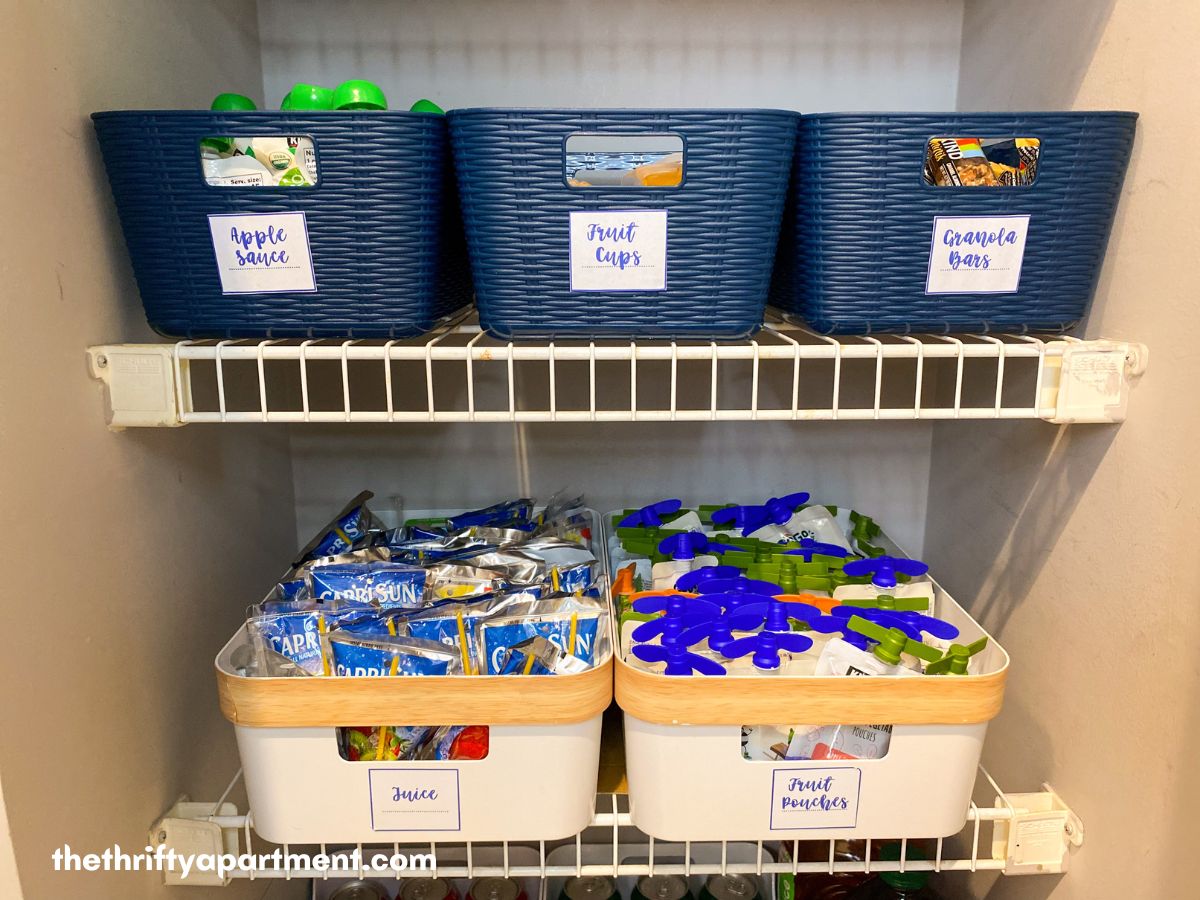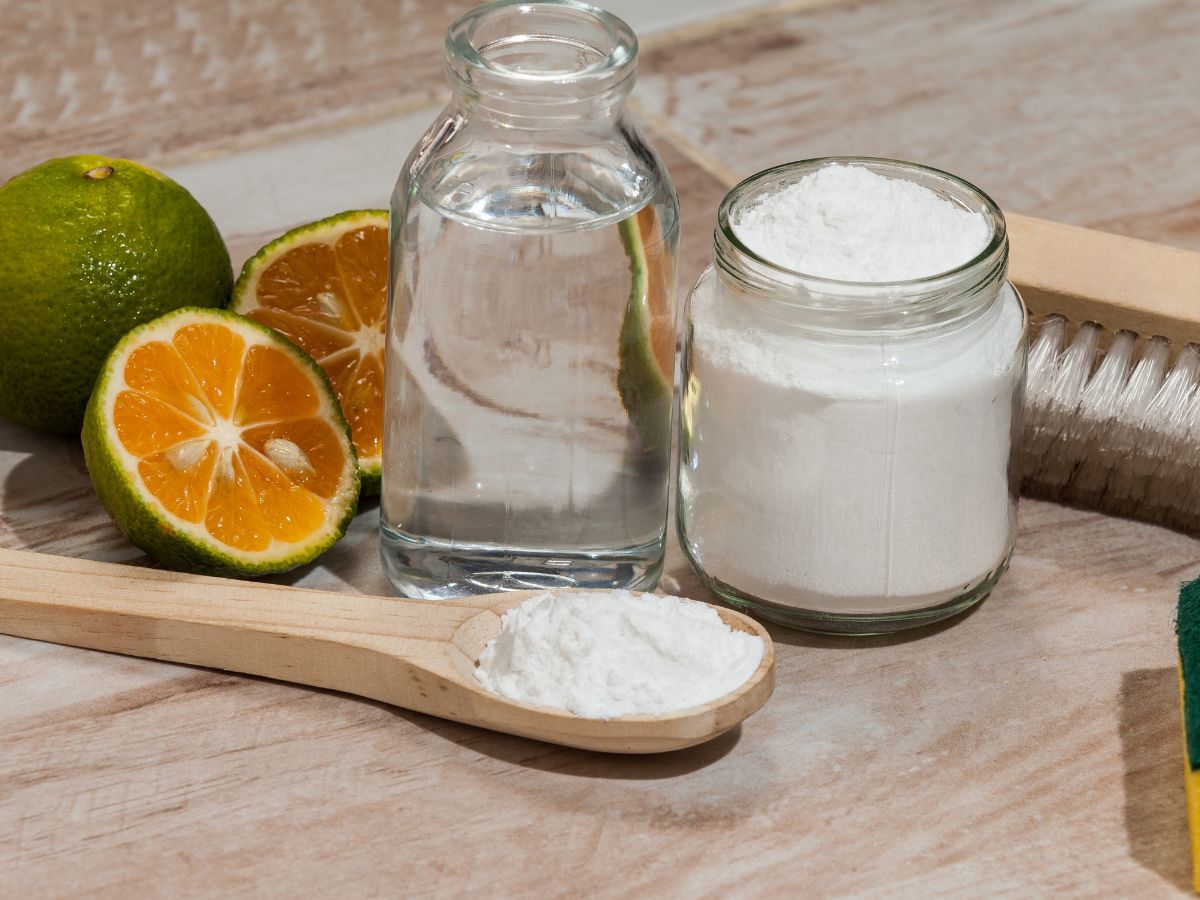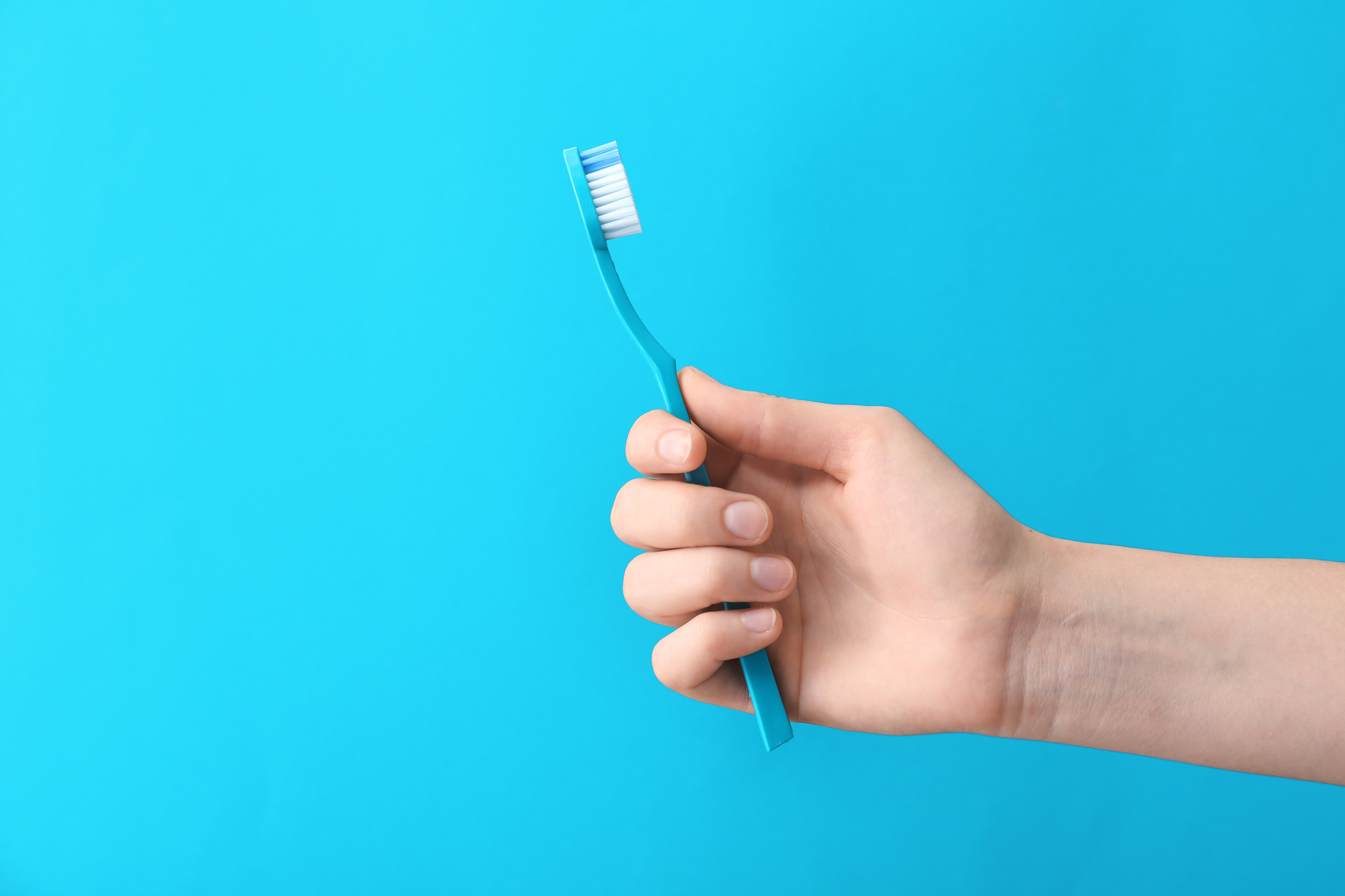This post may contain affiliate links.
Ever caught yourself flushing something down the toilet that wasn’t pee, paper, or poo? It’s time to hit the brakes on that habit. Toilets are designed to handle only these types of waste, and anything else could cause plumbing nightmares or blockages in your sewer system.
To avoid costly plumbing issues and keep your home safe, here are 16 things you should never flush down your toilet.
Chewing Gum

Chewing gum is notorious for sticking to surfaces. It can also cling to pipes and other waste, creating blockages. Its sticky nature means it can trap other items, worsening clogs in the sewage system.
Cotton Balls or Swabs

Unlike toilet paper, cotton balls, swabs, and Q-tips do not break down in water. They can accumulate inside pipes, catching other debris and forming major clogs over time.
First Aid Bandages

The adhesives used on bandages make them stick to pipes, while their plastic components are environmentally harmful. Even biodegradable options can take a long time to decompose, posing risks to sewer systems.
Paper Towel

Paper Towels are designed to be more durable than toilet paper, signifying their inability to dissolve as easily in water. This durability leads to them contributing to blockages in pipes and sewers.
Ashtray Remnants

Ashtray remnants contain toxic chemicals that can leach into waterways, harming aquatic life. They also do not break down easily, increasing the risk of clogs.
Feminine Products

This may come as a surprise, but tampons, sanitary pads, and other feminine products should never be flushed down the toilet. These products are specifically designed to absorb water and, in some cases, can expand several times their original size. When flushed, they do not break down easily and absorb more liquid, potentially leading to costly problems with your sewer line.
Diapers

Diapers are designed to be highly absorbent and expand, which makes them non-biodegradable. Because of this, they can cause immediate clogs if flushed down the toilet. Diapers should always be disposed of in the trash, not the toilet.
Paint
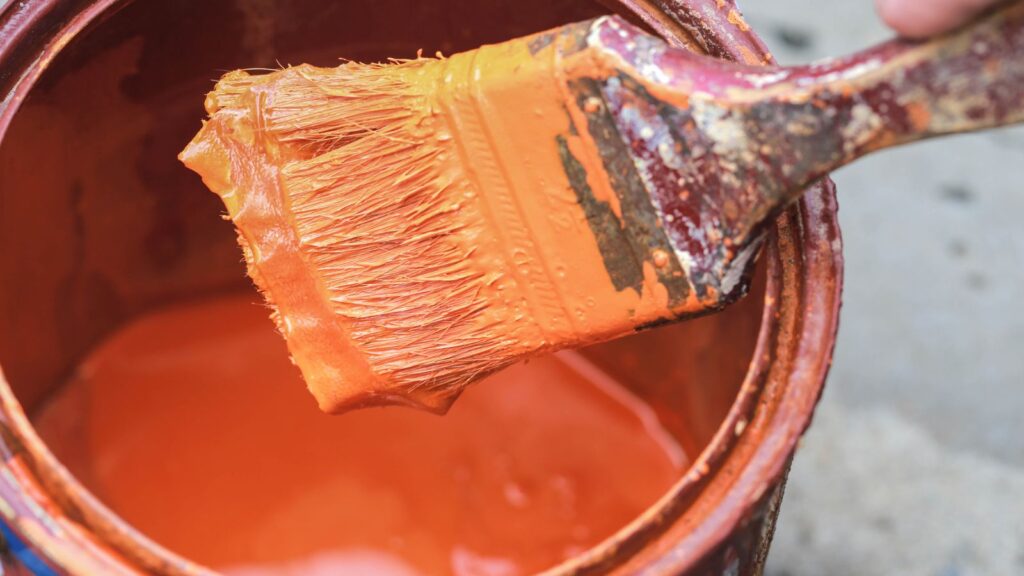
Leftover house paint qualifies as hazardous waste and must never be flushed down the toilet. To dispose of paint properly, look for a designated paint drop-off site that handles such materials safely.
Medication

Unused or expired medications can contaminate water supplies and harm aquatic life when flushed. If you have expired or unused pills in your cabinet you would love to get rid of, you can return them to your local ‘drug take-back site’ for proper disposal.
Grease and Cooking Oil
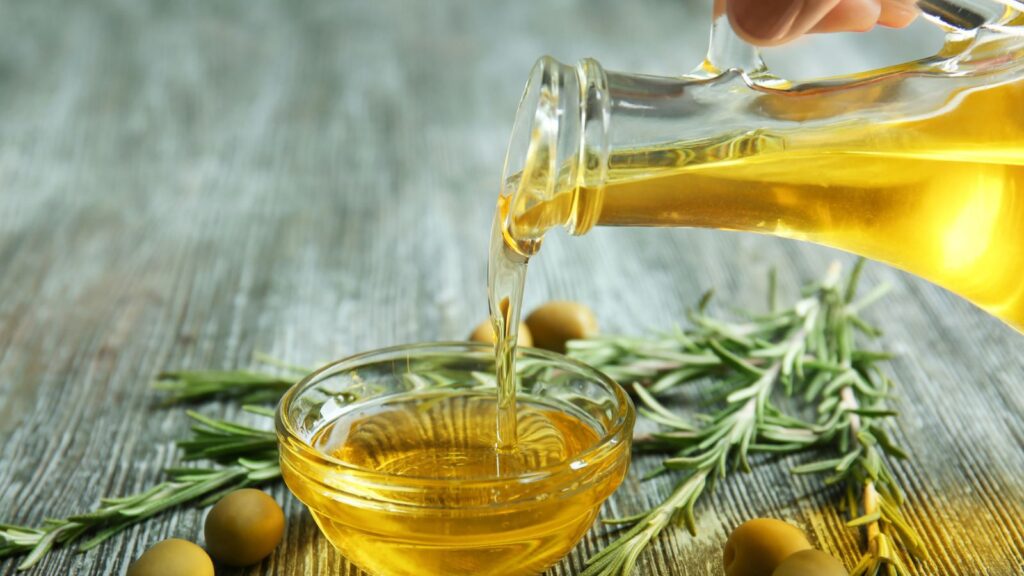
Grease and Cooking oil, including vegetable and olive oil, will harden when it cools, causing severe clogs in your sewer lines.
Hair

Similar to dental floss, strands of hair have the potential to create large, net-like balls that can tangle with other waste materials, leading to clogged toilets.
Baby Wipes or Wet Wipes

Despite some claims that some wipes are flushable, wet wipes and baby wipes take a long time to break down, leading to clogs and backups in the sewer system. Always dispose of your wipes in a garbage bin rather than flushing them.
Too Much Toilet Paper

While toilet paper is designed to dissolve, excessive amounts can overwhelm the system, leading to immediate blockages in your home’s plumbing. Only use what you need when using the restroom to avoid costly plumbing repairs.
Kitty Litter

Kitty litter, especially clumping varieties, can solidify in pipes, causing blockages and smells.
Food

Toilets are not equipped to break down food. Though food will eventually decompose over time, while it waits, it can cause significant blockages in your plumbing. Using the trash can is a far better disposal option.
Bleach

Although a powerful disinfectant, bleach can degrade pipes over time and release harmful chemicals into the water supply, posing environmental and health risks.
18 Things You Should Never Put Down Your Garbage Disposal

A garbage disposal is a workhorse appliance in the kitchen. While a garbage disposal is known for breaking down food waste and grinding food scraps quickly and easily, it is not meant to be a trash can. Here’s a list of all the items you should avoid putting in the garbage disposal.
18 Things You Should Never Put Down the Garbage Disposal
10 Things That Should Never Go Inside of a Dishwasher
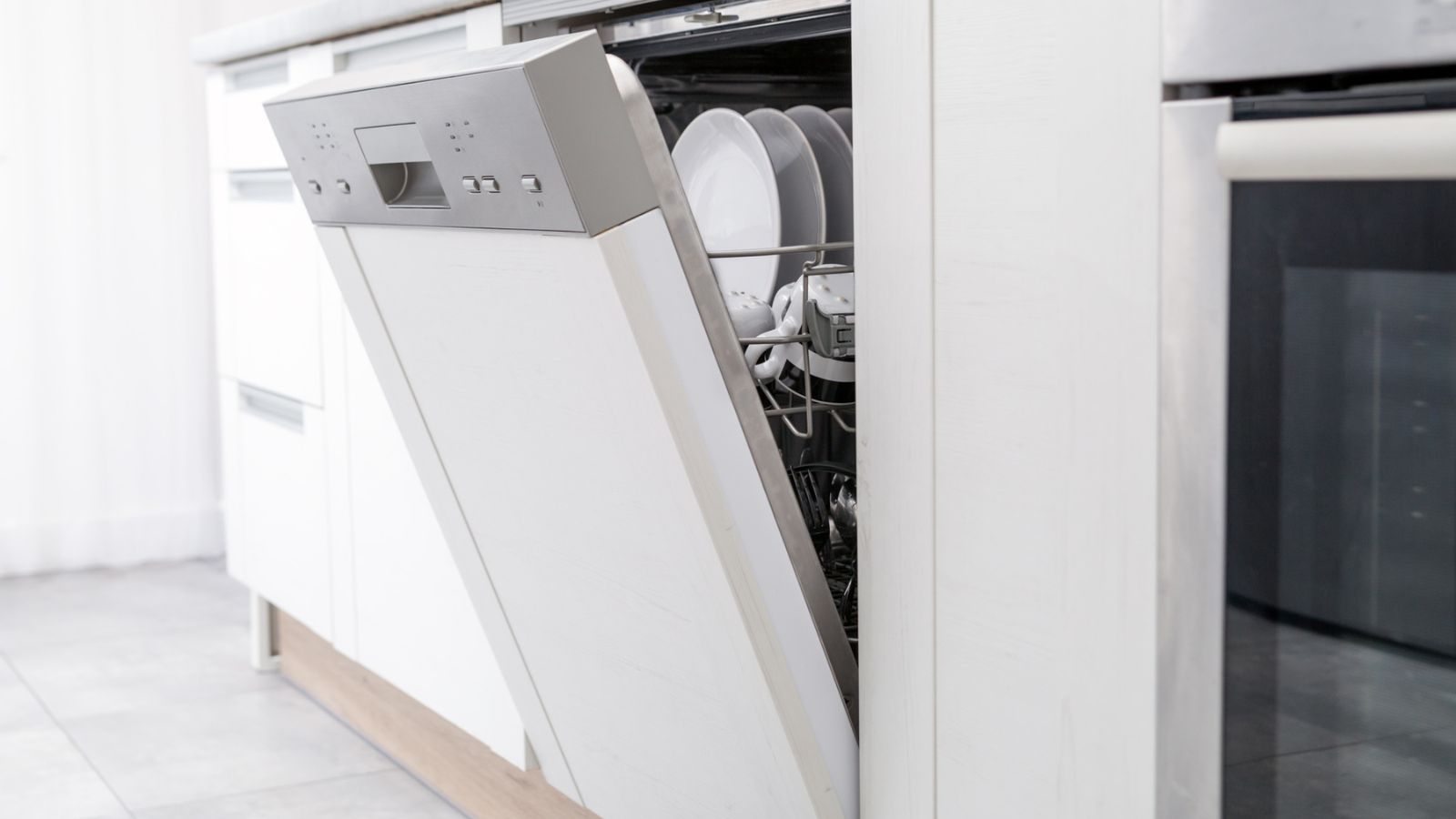
Dishwashers are indeed great for quick and efficient kitchen cleanup. However, there’s a common misconception that dishwashers can handle any kitchenware. Here are 10 items you should avoid putting in the dishwasher.
10 Things That Should Never Go Inside of a Dishwasher
Tamara White is the creator and founder of The Thrifty Apartment, a home decor and DIY blog that focuses on affordable and budget-friendly home decorating ideas and projects. Tamara documents her home improvement journey, love of thrifting, tips for space optimization, and creating beautiful spaces.
